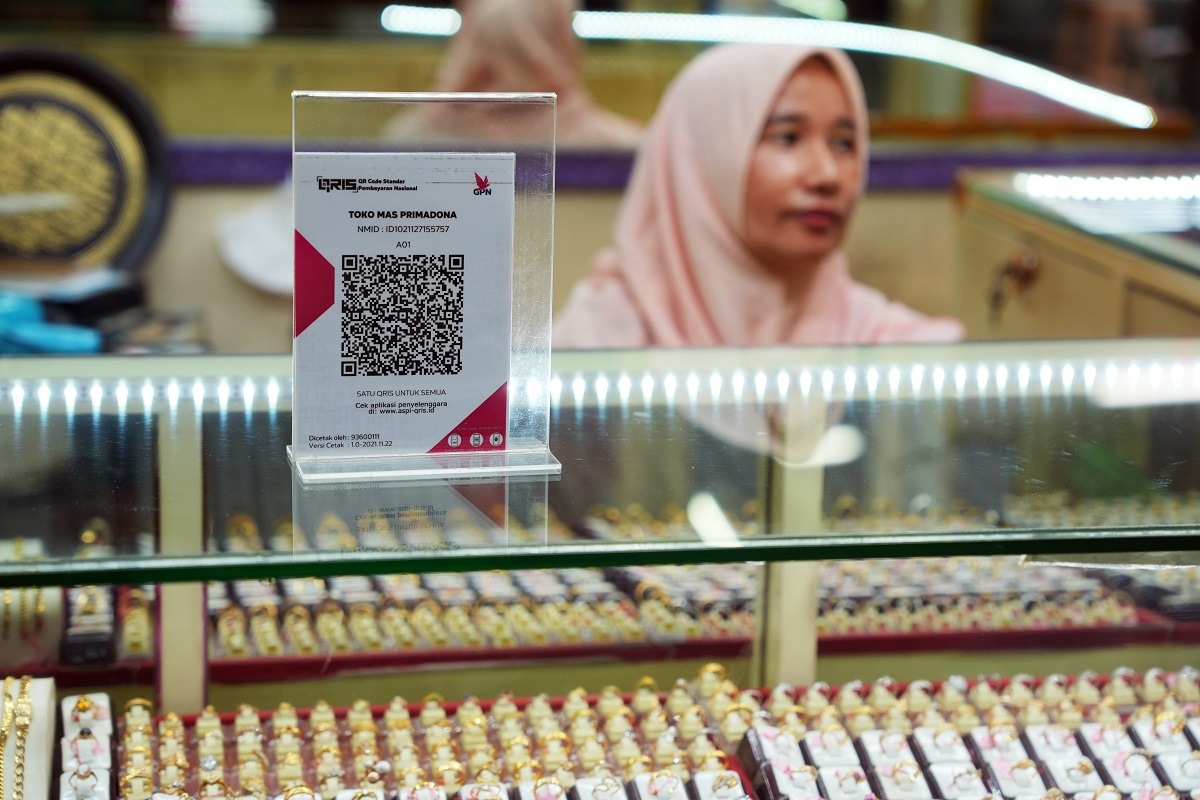Australia has emerged as the frontrunner in embracing digital payments. A recent global report highlights that Australians now rank among the world’s least frequent cash users. It is a remarkable shift that Australia proudly claimed the title of having the lowest cash usage across the Indo-Pacific region in 2022. It is increasingly evident that in this land down under, cash has relinquished its throne to the digital age.
Picture this: Matilda, an enthusiastic traveller, embarks on a journey that would redefine her perception of seamless payments. As she steps off the plane into the bustle of Sydney airport, she spots signs promoting contactless payment for public transportation. Having a credit card with contactless technology, Matilda decides to forgo the Opal card and embrace the new way of getting around the city. With her luggage in tow, she follows the signs that lead to the train station. The moment of truth arrives as she approaches the Opal card reader. Nervously, Matilda taps her credit card, and the gate swings open to her relief. Her journey has begun.
She confidently taps her credit card to exit the train station at her desired stop. The simplicity of the process leaves her feeling empowered and ready to take on the city. Seeking a taste of local charm, she nestles in a quaint café’s cosy corner. She orders a flat white, the barista smiles and says, “Please tap when you're ready,” and directs her to the point of sale (POS) terminal. Matilda taps her credit card and seamlessly concludes the transaction.
She hops on a bus to explore neighbourhoods known for artistic flair, and even enjoys a scenic ferry ride across the picturesque harbour. Each time, the payment process is seamless – just a quick tap to enter and exit.

But think about how far her adventure can extend, all without the burden of carrying around wads of polymer paper.
Matilda heads off on a leisurely jog through the Rocks on a delightful Sunday morning. She finds herself drawn to the local outdoor market. A street vendor showcases an alluring Aussie-made necklace, prompting an impromptu purchase decision. The Sydneysider extends her smartphone to Matilda and smiles: “You can tap on my smartphone, dear, to process your payment.” Matilda realises her credit card is back at the hotel. The woman at the market is not fazed. “You can tap with your phone as well.” Matilda remembers that she has a digital wallet for her credit card on her smartphone. She selects her digital card, taps on the seller’s smartphone, and voilà, payment approved.
Australia’s remarkable achievement in digital transactions is due to the persistence of relevant government agencies and regulators. The effort has been characterised by a receptive stance towards novel innovations. Australia’s Payments System Strategy not only underscores the nation’s preparedness but also serves as a springboard for emerging technologies, including Central Bank Digital Currencies (CBDCs), crypto assets, and Digital ID. Australia’s consumer payments survey put the spotlight on a notable paradigm shift in payment preferences from 2007 to 2022. Card-based transactions surged from 26 per cent to 76 per cent, while cash-based transactions dwindled from 69 per cent to a mere 13 per cent.
The journey towards a cashless society is not uniform across the globe. While Australia and advanced economies have enjoyed the convenience of card-based payments, many parts of the world still grapple with inadequate financial infrastructure.
The widespread adoption of smartphones is changing the game. The smartphone has emerged as a powerful tool that transcends traditional financial barriers, enabling individuals to participate in the digital economy without the need for card-reader terminals. The innovation transforming digital financial transactions is quick response (QR) payment. QR payments are simple and efficient. When a user wants to make a payment using QR codes, they simply open a compatible mobile payment app, scan the QR code presented by the merchant, and confirm the payment.
Across Southeast Asian nations, QR payments have emerged as the prevailing mode of digital transactions. Through smartphone applications (offered by banks or fintech providers), buyers seamlessly engage in payments by scanning the QR codes presented by merchants. Indonesia, Singapore, Malaysia, Thailand and the Philippines have undertaken a transformation towards cross-border financial synergy. These nations have forged a pioneering path in cross-border payments utilising QR codes. They are heralding a transformative era of efficiency, accessibility and transparency. This approach endorses local currencies for official payments and is tailored to the prevailing exchange rates within each sovereign domain.
Promoting digital payments paves the way for a cashless society and lays the foundation for a robust digital economy. The invaluable lessons gleaned from successful pioneers in the digital payment landscape offer a unique opportunity for countries to leapfrog on their own payment system journey.

